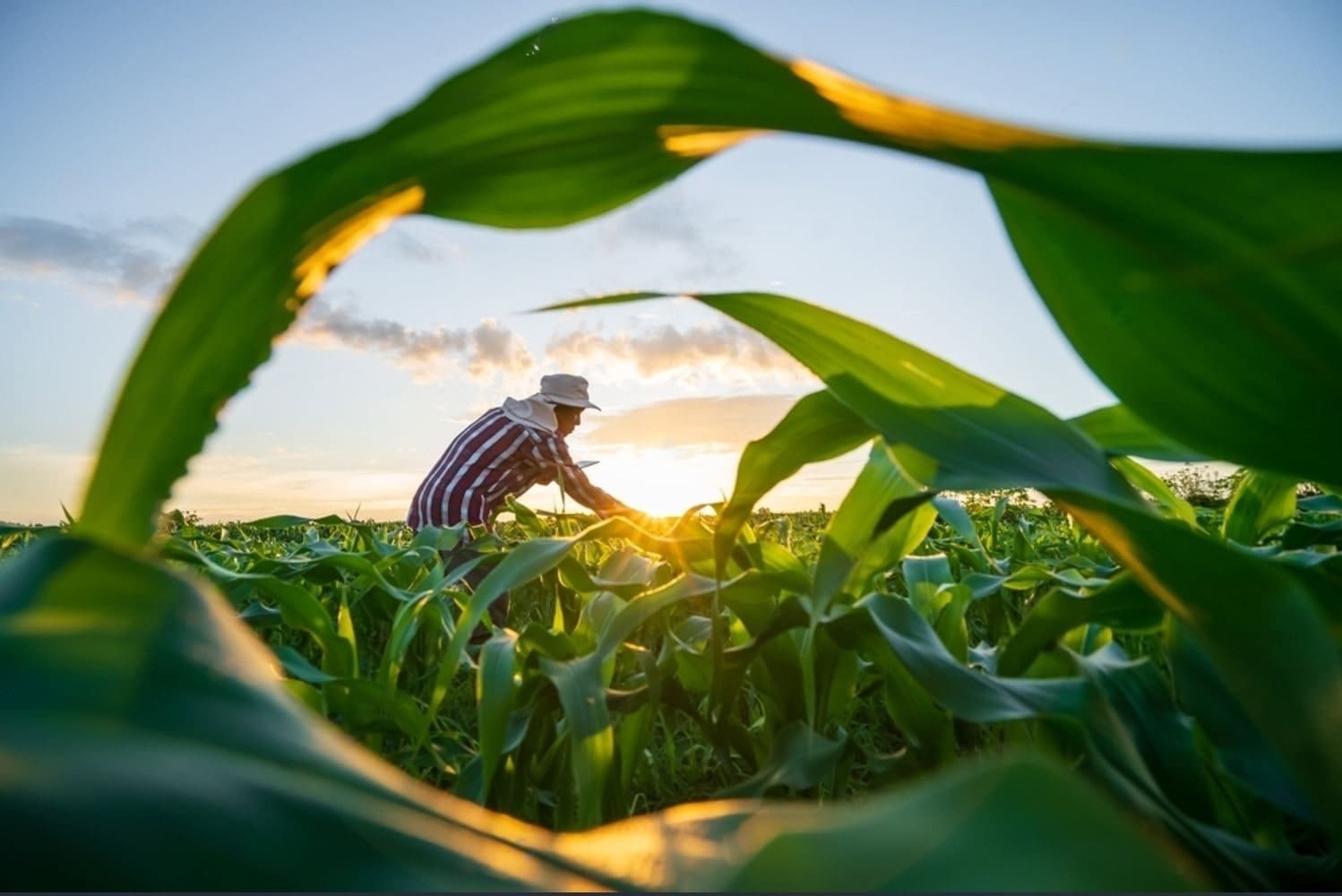Embracing Sustainable Farming Practices: Nurturing Our Future with Responsible Agriculture

In a world grappling with environmental challenges, the need for sustainable farming practices has never been more critical. Agriculture, being the backbone of our civilization, must adapt and evolve to ensure the well-being of our planet and future generations. Sustainable farming practices present a responsible approach that not only maximizes yields but also fosters a harmonious coexistence between humans and nature
The Essence of Sustainable Farming
Sustainable farming revolves around a holistic and long-term perspective that goes beyond short-lived gains. It encompasses a range of practices aimed at minimizing environmental impact, conserving natural resources, and promoting biodiversity. By working in synergy with ecosystems, sustainable farmers foster ecological balance while securing a prosperous livelihood
Promoting Soil Health
Central to sustainable farming is the emphasis on nurturing soil health. Healthy soils serve as a reservoir for nutrients, water, and essential microorganisms that facilitate plant growth. Adopting practices like crop rotation, cover cropping, and reduced tillage helps prevent soil erosion, enhances its structure, and maintains its fertility over time. These practices minimize the use of synthetic fertilizers and promote organic alternatives, fostering a resilient and regenerative agricultural system
Water Management and Conservation
Water, a finite resource, plays a pivotal role in agriculture. Sustainable farming practices promote efficient water management and conservation strategies. Drip irrigation, rainwater harvesting, and precision irrigation techniques help optimize water usage, reducing wastage and ensuring a steady supply for crops. Moreover, managing runoff water and reducing water-intensive crops in water-scarce regions are vital steps toward sustainable water use
Reducing Chemical Dependency
The over-reliance on chemical pesticides and herbicides poses a significant threat to the environment and human health. Sustainable farmers prioritize integrated pest management (IPM) techniques that encourage natural pest predators and disease-resistant crop varieties. Additionally, agroecological practices like intercropping and companion planting discourage pests while enhancing biodiversity
Preserving Biodiversity
Biodiversity is the bedrock of sustainable farming. A diverse ecosystem supports the pollination of crops, improves soil health, and mitigates the risk of pest outbreaks. Sustainable farmers prioritize the conservation of native plants, maintain hedgerows, and create habitats to attract beneficial insects, birds, and wildlife. This delicate balance fosters harmony between the agricultural landscape and the natural world
Responsible Resource Management
Sustainable farming involves prudent management of resources. This includes the use of renewable energy sources, optimizing machinery usage, and minimizing waste generation. Adopting modern technologies such as precision farming and drone monitoring enables efficient resource management and reduces the overall ecological footprint of farming operations
Promoting Local Food Systems
Sustainable farmers often focus on local food systems, fostering a stronger connection between producers and consumers. By reducing the reliance on long-distance transportation and storage, this approach not only supports local economies but also reduces greenhouse gas emissions
Embracing sustainable farming practices is no longer an option but a necessity for the preservation of our planet and the well-being of future generations. As responsible stewards of the land, farmers must continue to innovate and adopt ecologically sound methods. Sustainable farming, with its holistic approach, not only secures food security and rural prosperity but also ensures a brighter, greener tomorrow for all of humanity. Let us unite and sow the seeds of sustainable agriculture for a sustainable future